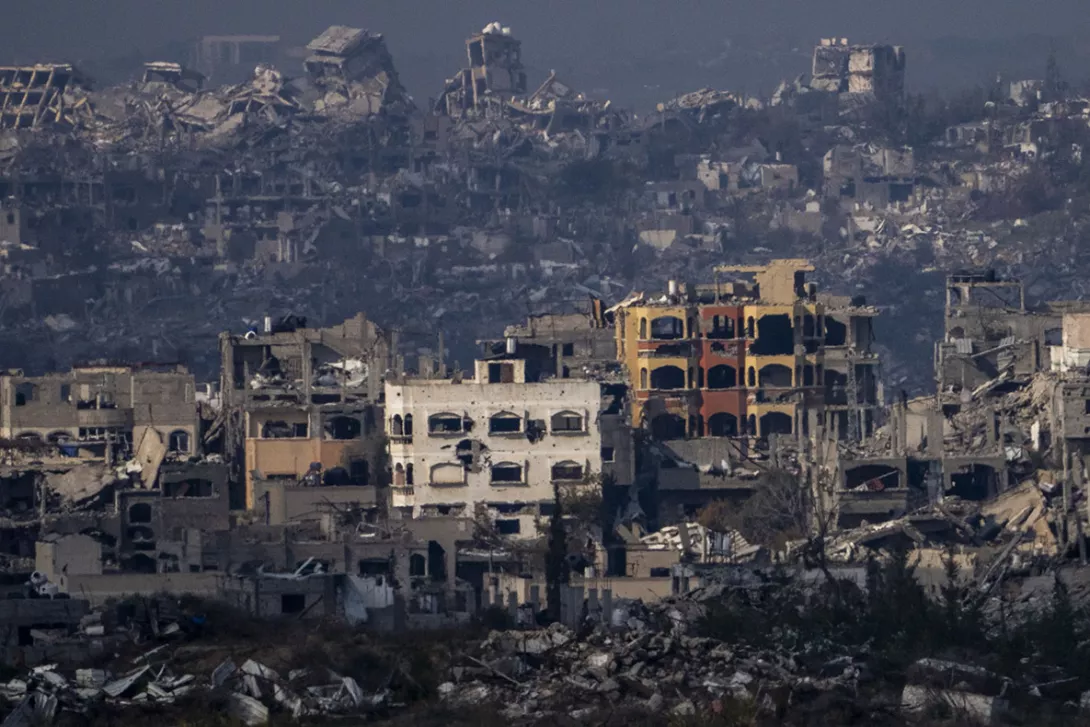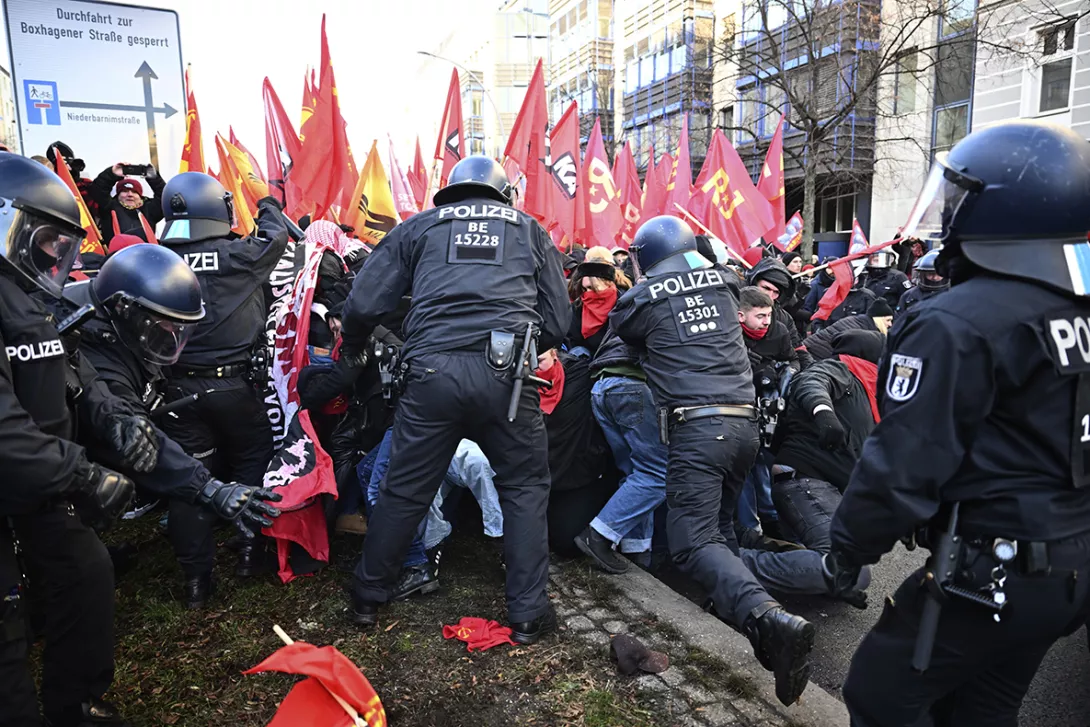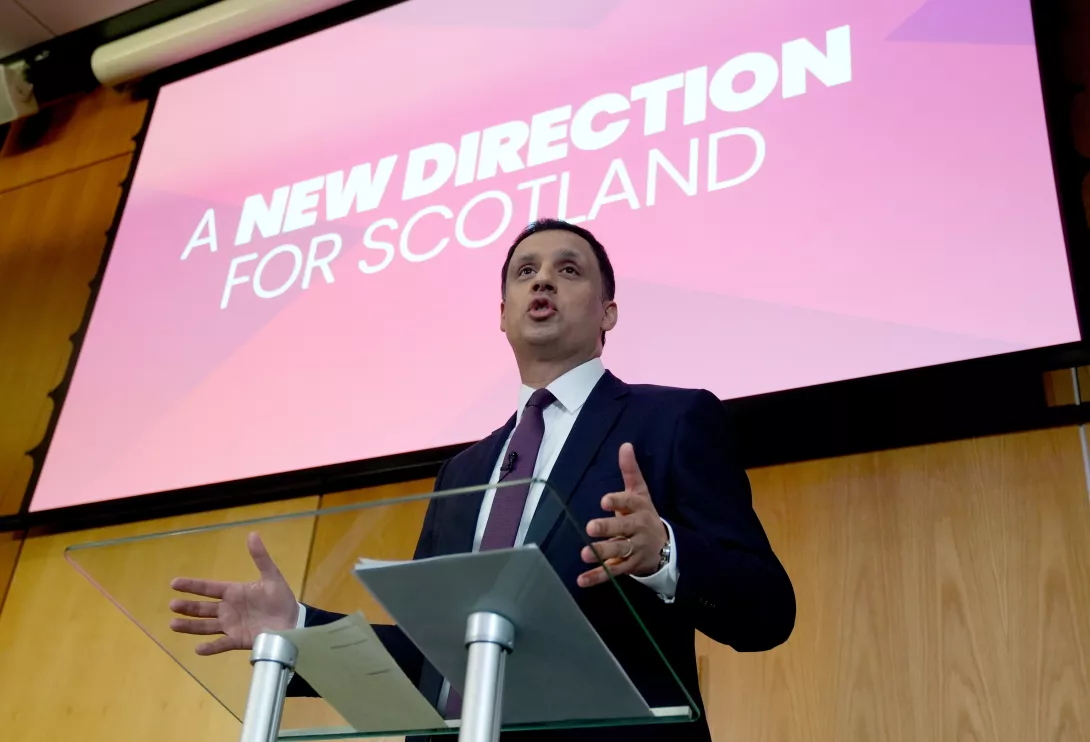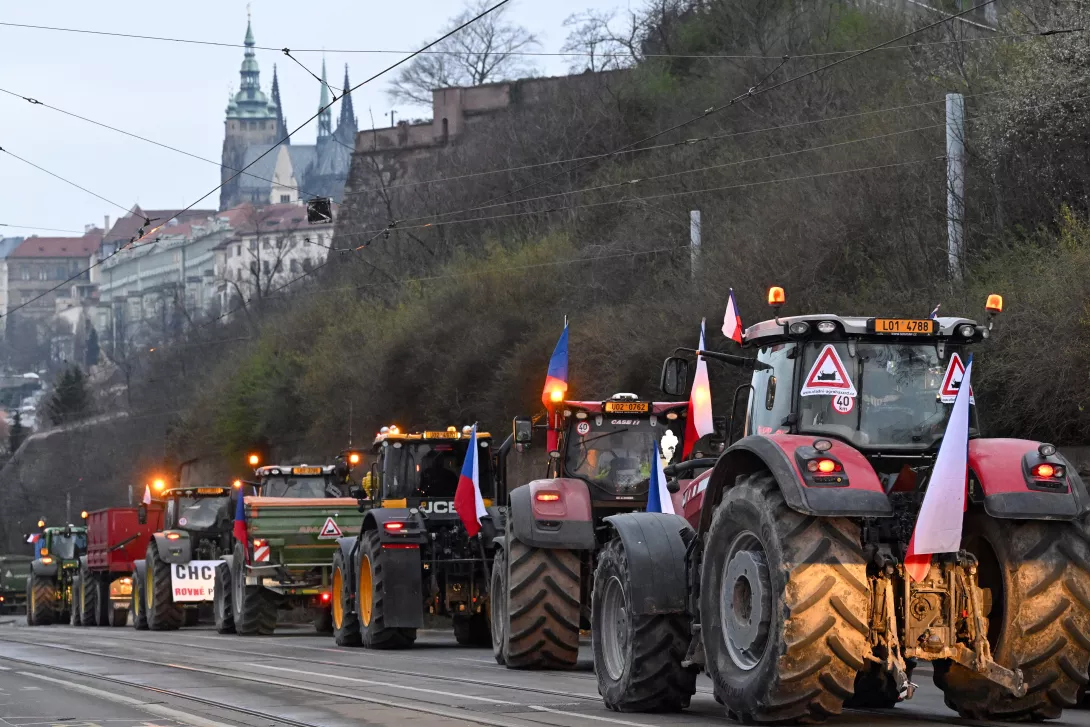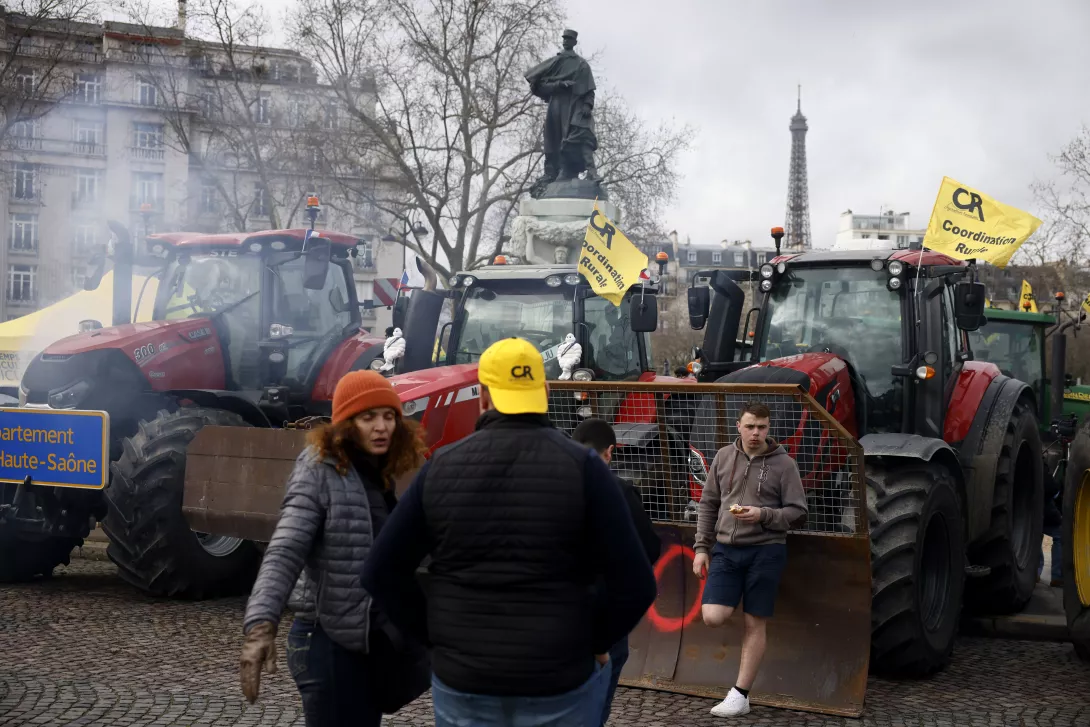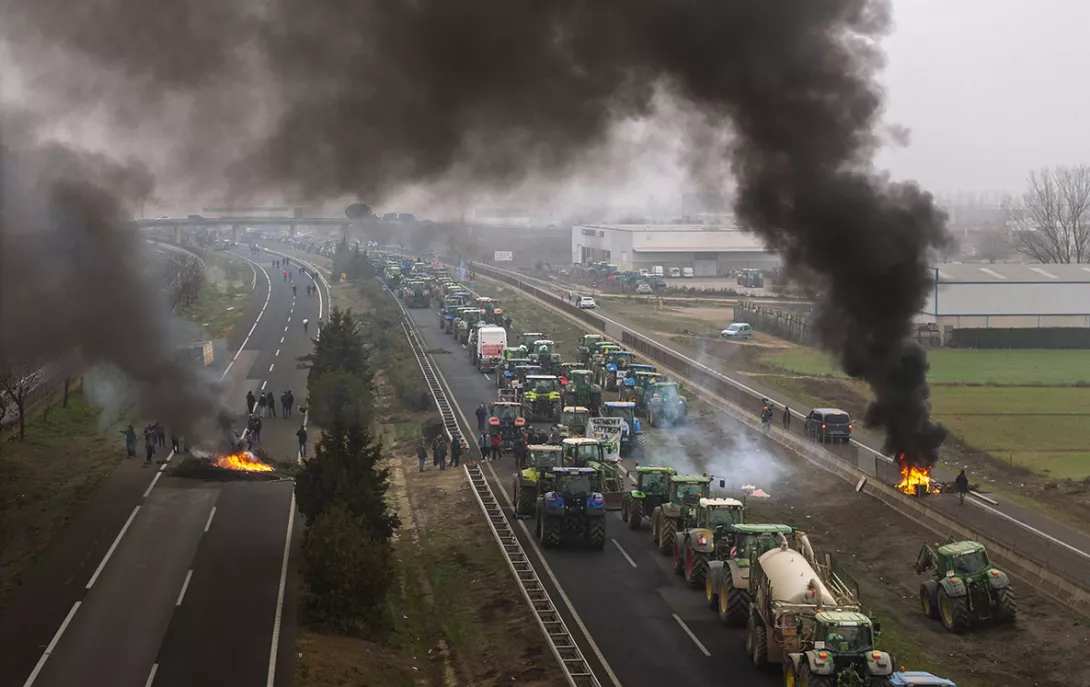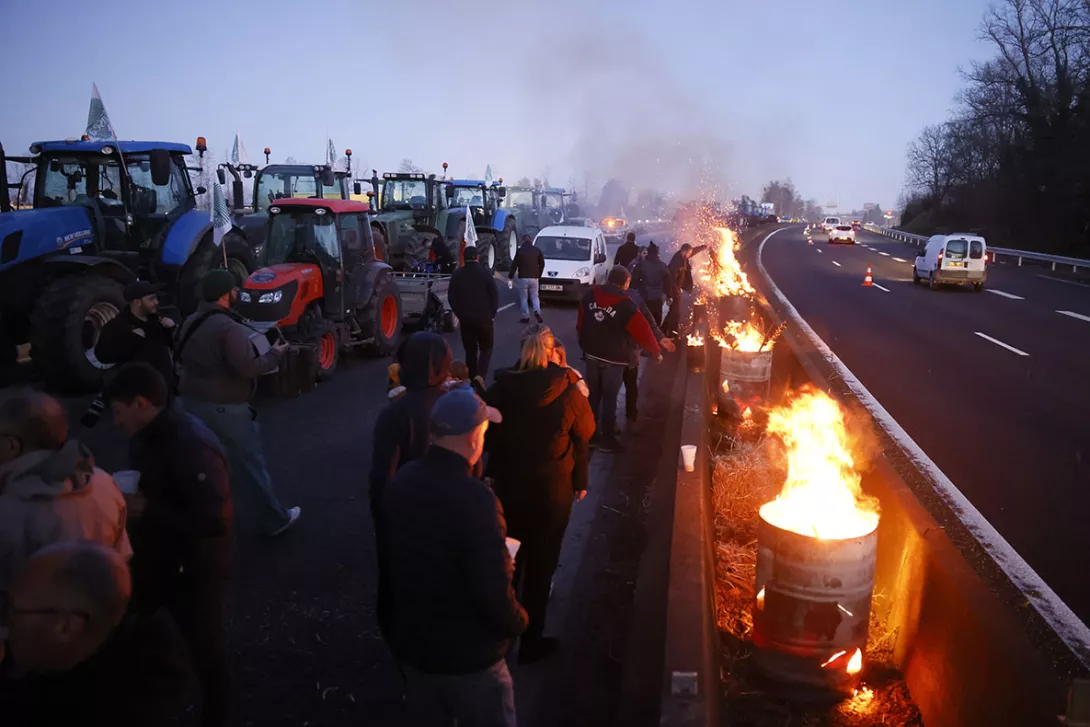Farmers block Belgian-Dutch border as protests continue
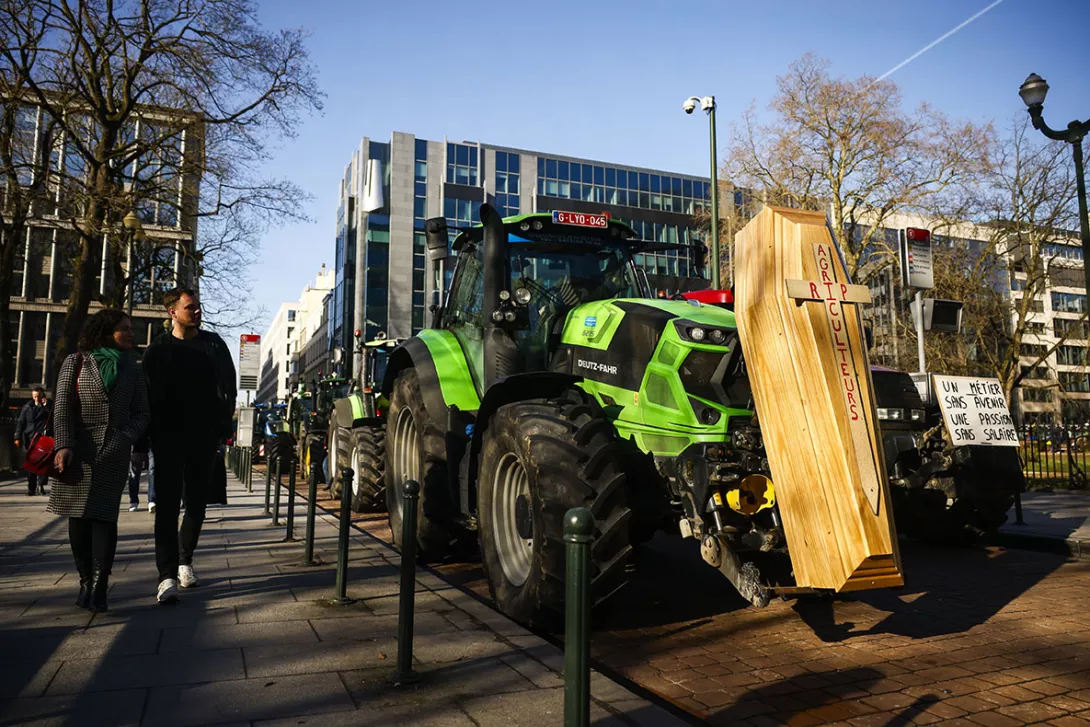
FARMERS blocked roads on the Belgium-Netherlands border today, choking freight from the ports of Antwerp and Rotterdam bound for destinations across Europe.
And they tightened a blockade of the Zeebrugge port, blocking British produce as well as unrelated imports, mainly cars.
The blockades, coming a day after farmers protested in Brussels, hurling firecrackers and eggs at the European Parliament, show the revolt by farmers over rising costs and falling living standards is far from over despite wide-ranging concessions by the EU and multiple member states.
More from this author
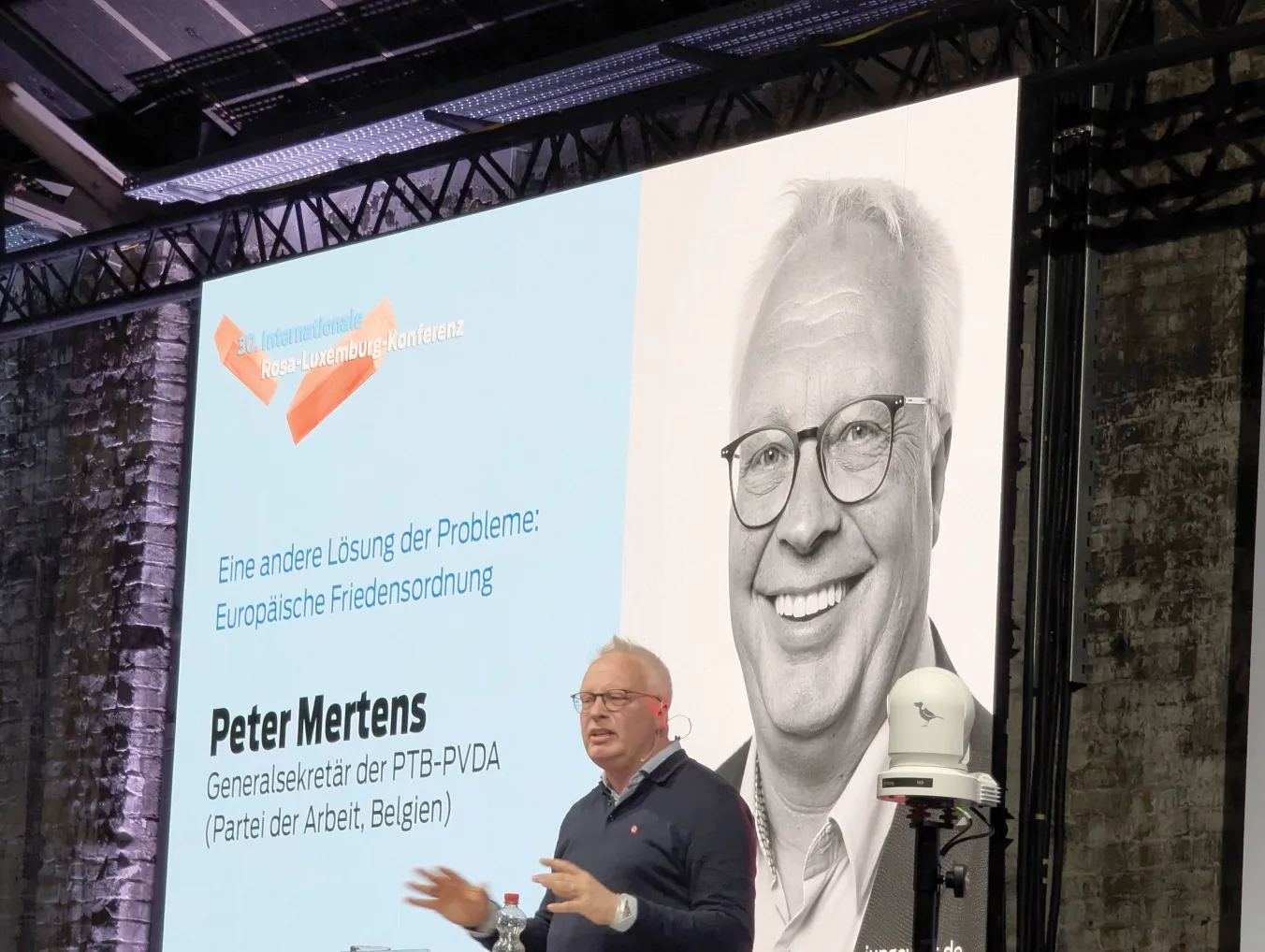
Morning Star editor BEN CHACKO reports from the annual Rosa Luxemburg Conference held last weekend in Berlin
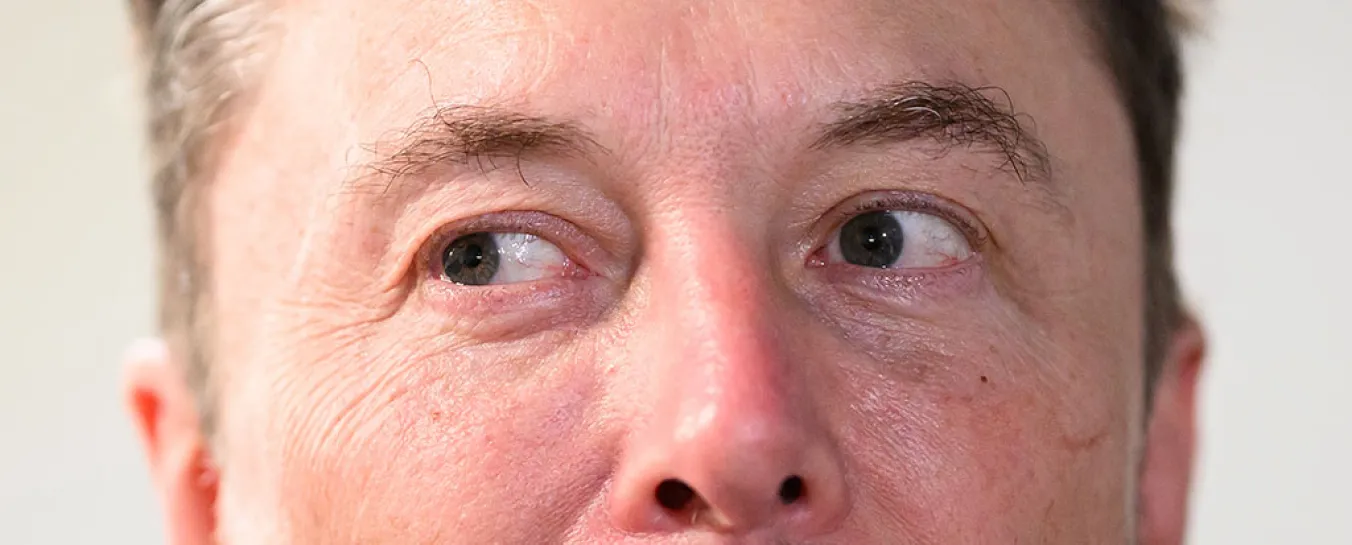
Morning Star editor BEN CHACKO says the status quo cannot last – but those currently poised to replace it would usher in a nightmarish new era
Similar stories


